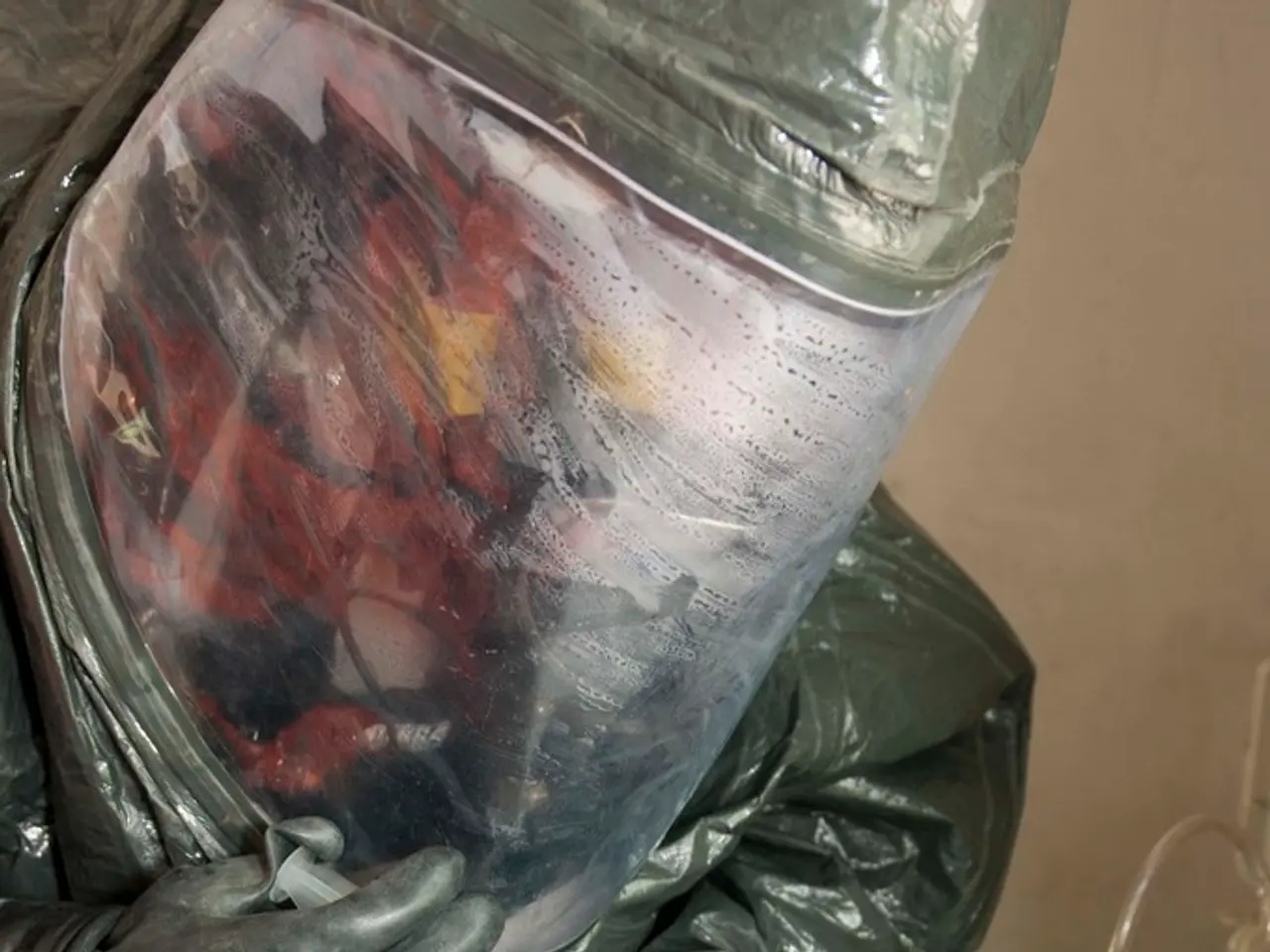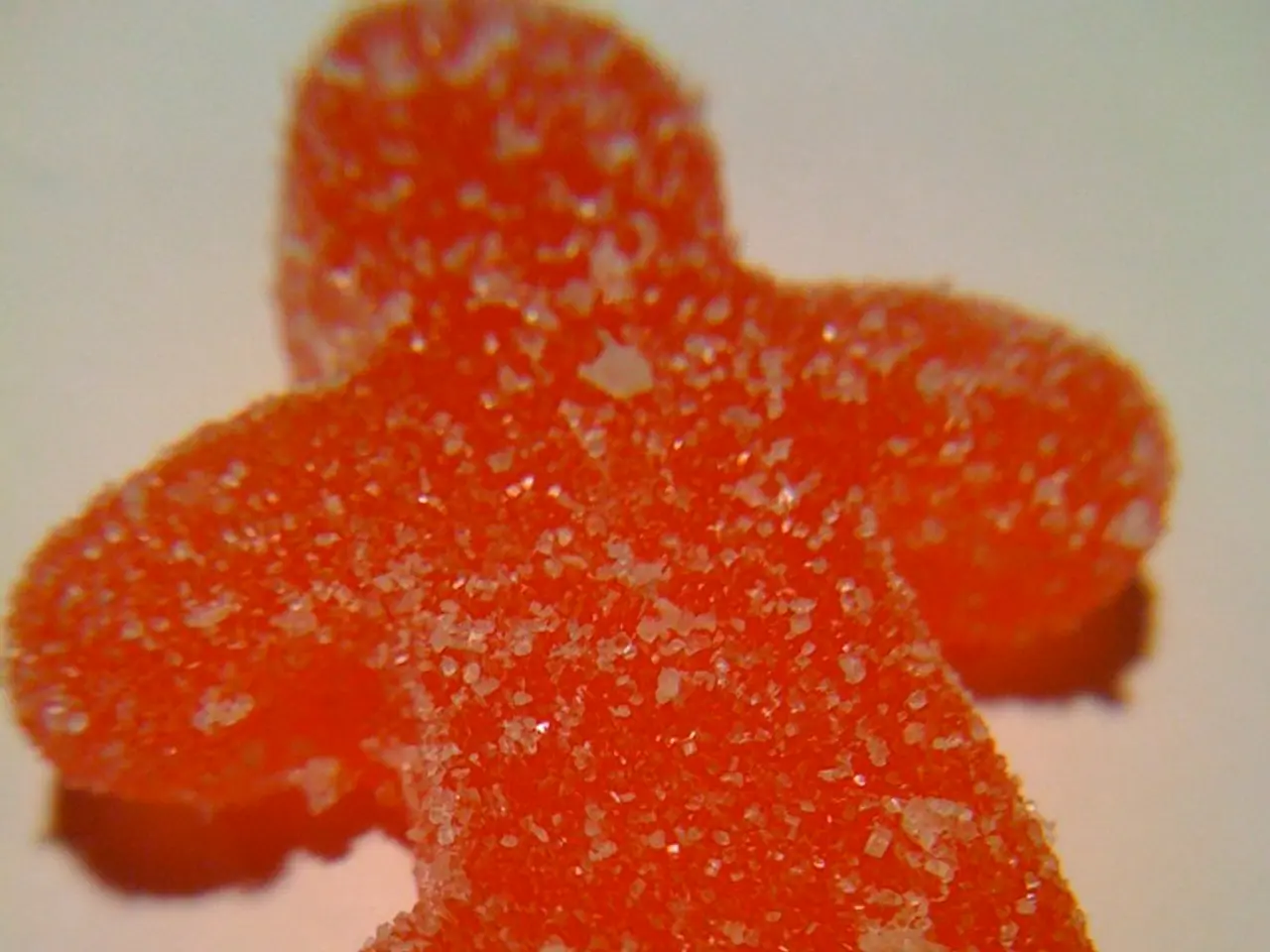Vaginal Burning: Identified Reasons and Remedies (10 Points)
Vaginal burning can be a distressing and uncomfortable experience for many women. This condition, which may be accompanied by other symptoms such as itching, discharge, or odour, can be caused by a variety of factors. In this article, we delve into the common causes, symptoms, and treatments for a burning sensation in the vagina.
**Common Causes of Vaginal Burning**
1. **Yeast Infections**: An overgrowth of the Candida fungus can lead to symptoms like itching, burning, thick white discharge, and redness or swelling. 2. **Urinary Tract Infections (UTIs)**: UTIs can cause burning during urination and discomfort in the lower abdomen. 3. **Bacterial Vaginosis (BV)**: BV results from an imbalance in vaginal bacteria, causing a burning sensation, thin grayish discharge, and a fishy odour. 4. **Sexually Transmitted Infections (STIs)**: STIs like chlamydia, gonorrhea, herpes, or trichomoniasis can cause burning, unusual discharge, and pain during intercourse. 5. **Allergic Reactions or Irritants**: Harsh soaps or detergents can irritate the vaginal area, leading to burning. 6. **Menopause or Hormonal Changes**: Decreased estrogen levels can cause vaginal dryness and irritation. 7. **Skin Conditions**: Conditions like eczema or Lichen sclerosus can affect the vaginal area.
**Symptoms**
- **Vaginal Itching**: Common in yeast infections and BV. - **Burning Sensation**: Often experienced during urination or intercourse. - **Discharge**: Can be thick and white in yeast infections, or thin and grayish in BV. - **Pain**: May occur during intercourse or urination. - **Odour**: Fishy smell in BV.
**Treatments**
1. **Yeast Infection**: Usually treated with vaginal creams available over the counter, or oral pills. 2. **Bacterial Vaginosis (BV)**: Treated with antibiotics taken orally or applied as a vaginal cream or gel. 3. **Trichomoniasis**: Typically treated with a single-dose antibiotic, requiring treatment for both partners. 4. **Allergic Reactions**: Stopping the use of irritant products. 5. **Hormonal Changes**: Estrogen creams may be prescribed to alleviate symptoms. 6. **STIs**: Treatment depends on the specific infection; often involves antibiotics or antivirals.
Diagnosis typically involves a pelvic exam and examination of vaginal discharge under a microscope, with additional tests for specific causes. Treatment for genital contact allergies involves avoiding the substance that is irritating, and patch testing can help identify the allergen.
Genital contact allergies can cause allergic irritation to the vagina due to substances like semen, spermicides, latex, K-Y jelly, topical and oral medications, rubber, some vaginal sprays and deodorants, the resin used to wax stringed musical instruments, certain components of scented soaps, bubble baths, douches, objects that contain nickel, and more.
Some causes of vaginal burning, such as BV or STIs, can have serious complications if left untreated, like pelvic inflammatory disease (PID) or complications for pregnant women and their babies. Therefore, it is crucial to seek medical advice if experiencing any vaginal discomfort or burning.
For each cause of burning sensations in the vagina, there is a treatment plan that can relieve the symptom or help people manage their condition. If you are experiencing any vaginal discomfort, it is essential to consult a healthcare professional for a proper diagnosis and treatment plan.
- Menopause or hormonal changes can lead to vaginal dryness and irritation, causing a burning sensation.
- Sexually Transmitted Infections (STIs) like chlamydia, gonorrhea, herpes, or trichomoniasis can cause burning, unusual discharge, and pain during intercourse.
- Allergic reactions or irritants, such as semen, spermicides, or scented soaps, can irritate the vaginal area, leading to burning.
- Skin conditions like eczema or Lichen sclerosus can affect the vaginal area, causing discomfort.
- The medical condition known as genital warts, caused by human papillomavirus (HPV), can lead to vaginal burning and itching.
- Predictive science and medical research have made significant strides in understanding various women's health issues, including vaginal health and conditions like menopause.
- A vaginal burning sensation can be accompanied by symptoms like itching, discharge, odor, or pain during urination or intercourse.
- While treatments for vaginal health issues such as yeast infections, bacterial vaginosis, trichomoniasis, and genital allergies are available, it is crucial to consult a healthcare professional for a proper diagnosis and treatment plan to ensure overall health and wellness.




